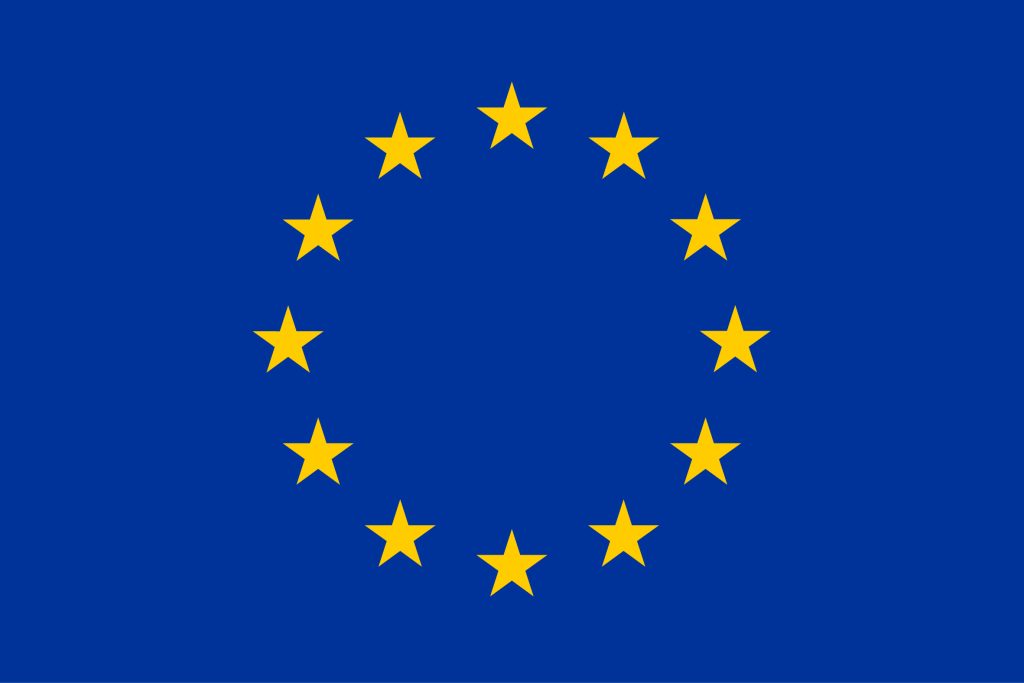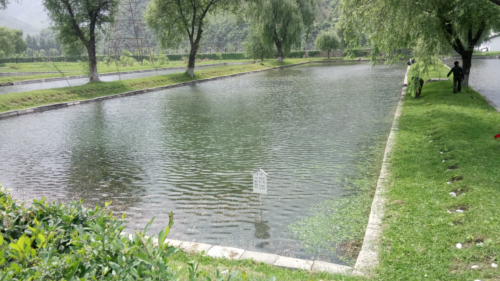Beneficiaries
13,528
Duration
End date suspended due to COVID-19
Total budget
€500,000

Food security & Livelihood
Funding


Programme details
This project is being carried out in consortium with :
- The University of Liège Gembloux Agro Bio-Tech (Mettre d’oeuvre)
- Vietnam National University of Agriculture or VNUA
- The Korean Fund for Fish Farming Development or KFDFC, supported by the Bureau of Aquaculture (BoA) under the Ministry of Fisheries

This project targets 13,528 people, including 13,000 children placed in 115 children’s institutions in Pukchang county (South Pyongan province).
The triangular partnership approach adopted since 2018 as part of this programme has confirmed its relevance. Exchanges are enriched by the experience of each of the partners.
According to the latest report from the United Nations Crop and Food Security Assessment Mission, food production in the DPR Korea (or DPRK) is focusing mainly on increasing agricultural production.Despite this, the diet of a large proportion of the population is deficient in proteins, lipids and micronutrients. Access to animal protein is scarce and inadequate, with supplies of animal products being sporadic, dependent on seasonal availability and limited to very small quantities. Access to food is also influenced by the coverage of the Public Distribution System (PDS). Most of the population of the DPRK depends on the PDS for the supply of basic foodstuffs. As a result, the DPRK is very vulnerable because the PDS has major shortcomings (70% of the population depend on the PDS).
In the DPRK, schooling is compulsory from the age of 6. Before entering the school system, children who cannot stay at home during the day attend pre-school establishments (crèches for children aged 0 to 4 and day-care centres for children aged 5 to 6). These pre-school establishments are called “Bo-Yuk-Ki-Kwan”, which means “child care centres”. These institutions are run either by neighbourhood committees (only in urban areas) or by an official public body (hospitals, farms, industrial centres, etc.).
In rural areas, crèches and nurseries generally depend on a cooperative farm.Although children’s diets were more elaborate in towns than in the countryside until the early 1990s, this situation has since been reversed, with farms supplying rural institutions directly, bypassing the SDP.The production units responsible for supplying food to children’s institutions (cooperative farms) are not supported and have to cope with low and irregular production.They are therefore far from achieving their objective.
As a result, the basic needs of the children placed in these institutions are still not being met, and their diet is inadequate and lacking in variety.
The last 3 years of the project have enabled us to identify 2 additional major constraints in the aquaculture sector in the DPRK: the technical management skills of fish farm employees and the inbreeding of fish.
In order to increase the food security of children dependent on social institutions, this programme aims to improve the availability, accessibility and use of food by focusing on the development of sustainable and innovative aquaculture in the DPRK. Technical and institutional skills will be built up within the Ministry of Fisheries, and the research and coordination network with foreign players will be strengthened.
The project will adopt a global approach including :
- an intensified fish farming system based on local food resources. Increased fish production will be sought mainly through appropriate, simple technologies adapted to local constraints, such as the use of maggots or shrimps in fish feed instead of cereals.
- improving distribution and production channels.
- strengthening the technical and institutional capacities of the Ministry of Fisheries and fish farm staff. The partners intend to improve BoA’s technical and institutional capacities, building on lessons learned from the past for a more sustainable fish-feeding system.
- strengthening networks with research players based abroad (notably through study trips to Vietnam).
- greater awareness among the local population.
This project is therefore in line with the overall objective of strengthening the resilience of food-insecure people to food crises, with a particular focus on promoting nutrition-sensitive activities and policies, and encouraging sustainable and resilient practices in small-scale aquaculture.